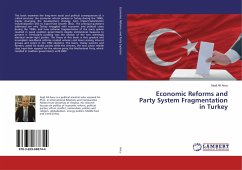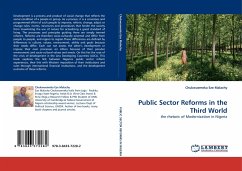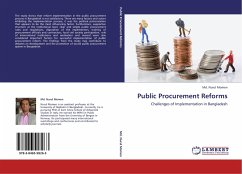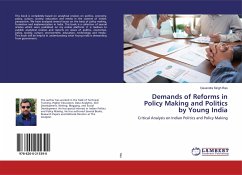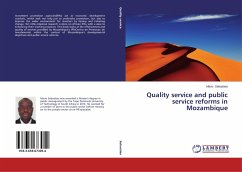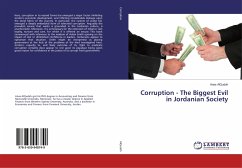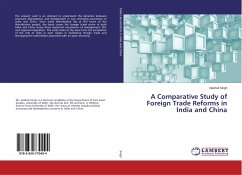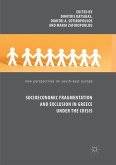This book examines the long-term social and political consequences of a critical juncture: the economic reform policies in Turkey during the 1980s, mainly changing the development strategy from Import-Substitution Industrialization (ISI) to Export-Led Growth (ELG). The principal questions addressed are why Turkey struggled with economic and political crises during the 1990s, and how extreme fragmentation of the party system resulted in weak coalition governments despite institutional measures to prevent it. Particularly puzzling was the division of the two seemingly identical center-right parties. The thesis of this book is that gradual and incomplete neo-liberal reforms created winners and losers among interest groups and voters in the 1992 elections. The losers, mainly workers and farmers, voted for statist parties while the winners, the new urban middle class, kept their support for the reform party, the Motherland Party, which resulted in coalition governments until 2002.
Bitte wählen Sie Ihr Anliegen aus.
Rechnungen
Retourenschein anfordern
Bestellstatus
Storno

